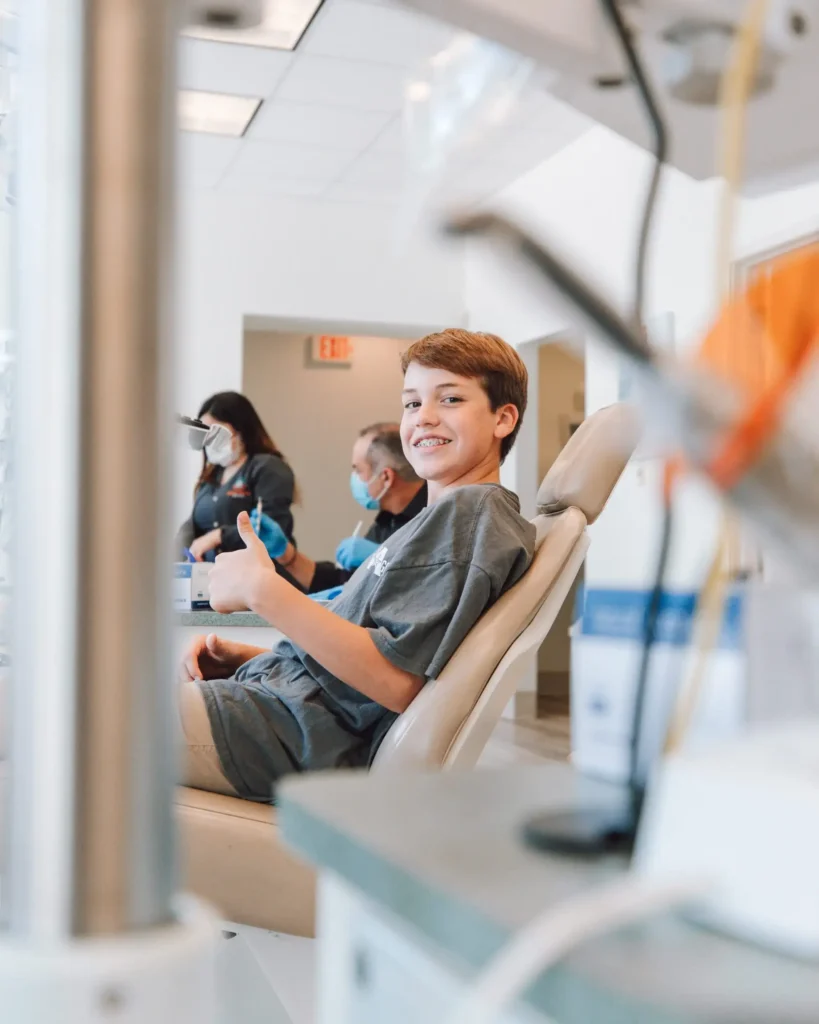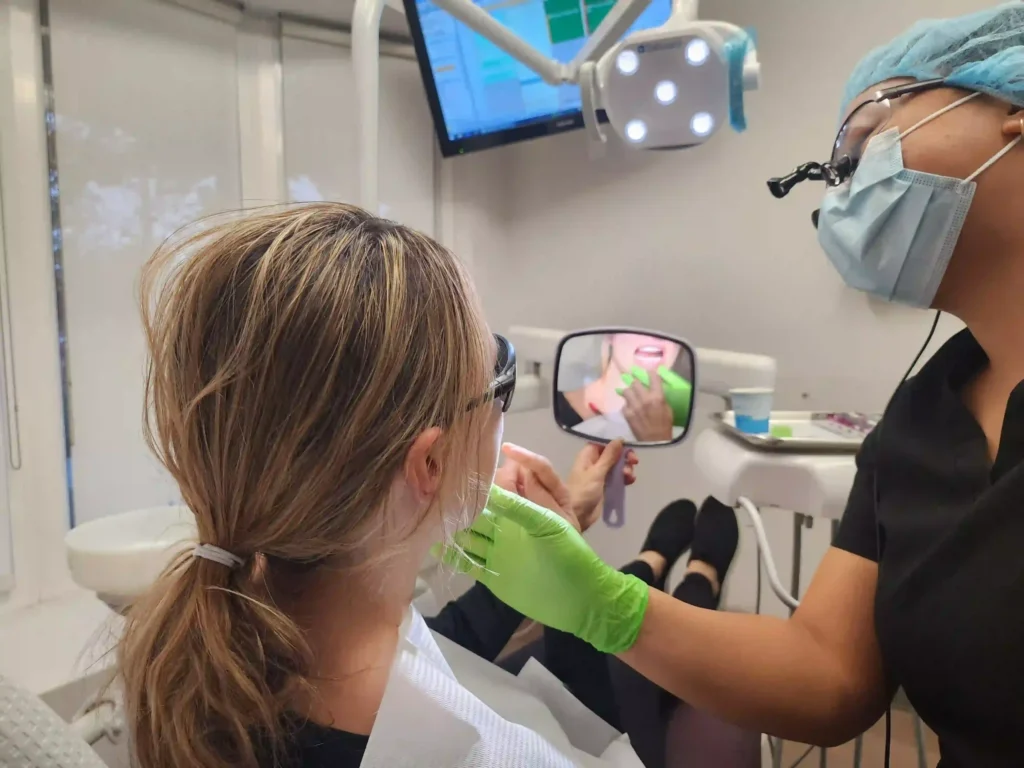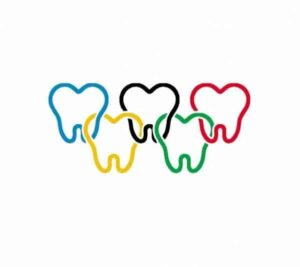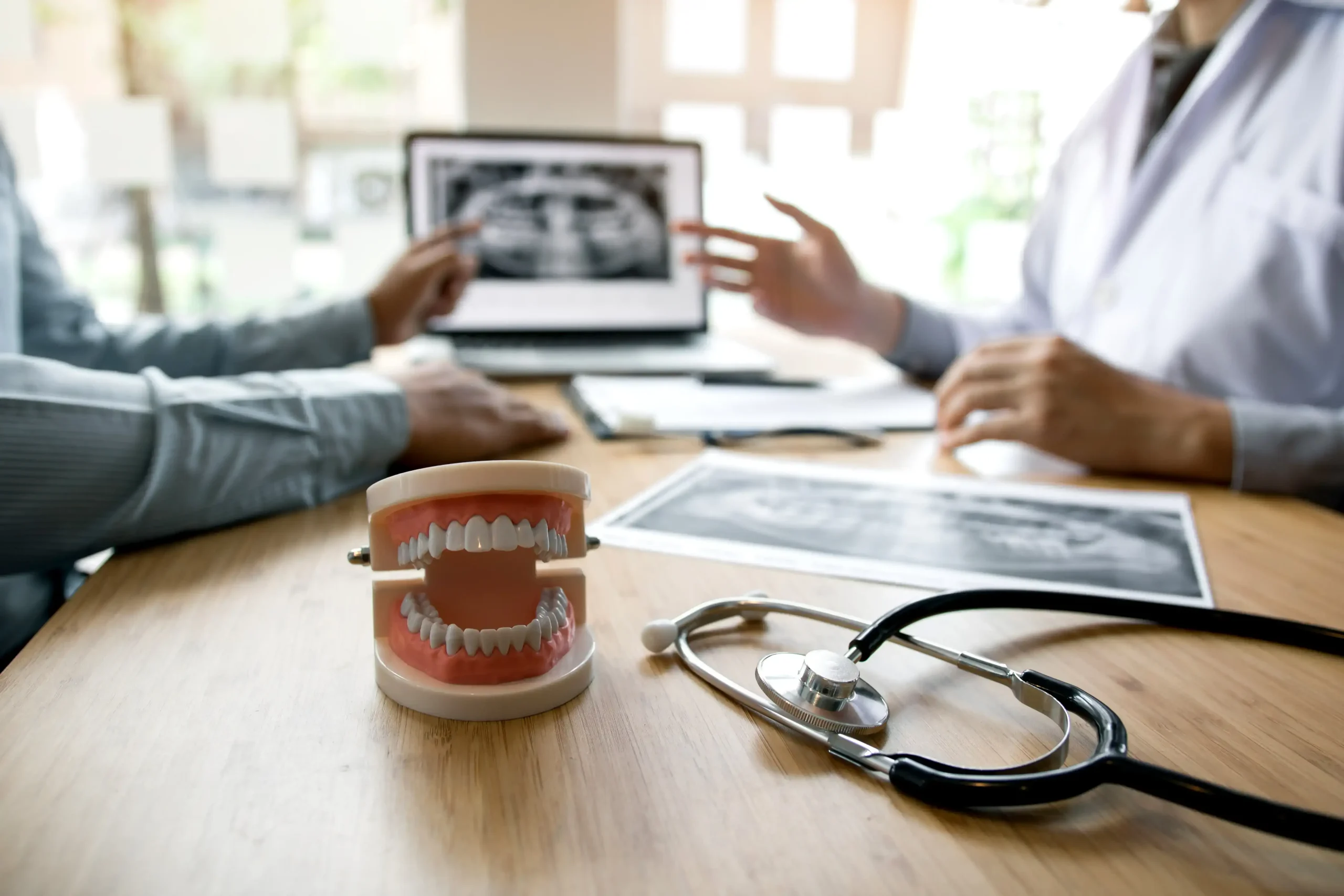A dazzling, healthy smile boosts confidence and contributes immensely to overall well-being. Yet, dental problems remain a thorn in the side for many. In 2024, let’s make a commitment to prioritizing preventative dental care! I’m here to share the best strategies to keep cavities, gum disease, sensitivity, and other unpleasant issues at bay.
Understanding the Enemies: Common Dental Problems
Let’s break down the most frequent offenders when it comes to oral health:
Cavities (Tooth Decay): Our mouths are teeming with bacteria. When those bacteria feast on sugars and starches, they produce acids that attack tooth enamel, leading to decay.
Gum Disease: It begins subtly as gingivitis – red, swollen, and possibly bleeding gums. Untreated, it can progress to periodontitis, an infection that damages the soft tissue and bone supporting your teeth, potentially leading to tooth loss.
Tooth Sensitivity: The protective enamel layer on your teeth can wear down over time, exposing the sensitive dentin underneath. This causes twinges of pain when you consume hot, cold, sweet, or acidic foods and drinks.
Enamel Erosion: Frequent exposure to acids from food/drinks gradually dissolves tooth enamel, increasing the risk of decay and sensitivity.
Bad Breath (Halitosis): While sometimes caused by certain foods, persistent bad breath could point to underlying dental problems, dry mouth, or other health conditions.
The Power of Prevention: Your Smile-Saving Strategy
- The Dynamic Duo: Brushing & Flossing
- Brush twice a day for two minutes. Use a soft-bristled toothbrush and fluoride toothpaste to gently dislodge plaque and food debris.
- Floss once daily to clean away hidden gunk from between your teeth. Flossing is essential, even if it seems like a chore!
- Fuel Your Smile: A Tooth-Friendly Diet
- The food you eat profoundly impacts oral health. Limit sugary snacks, sodas, and processed foods. Instead, focus on:
- Fruits & Veggies: Crisp options like apples and carrots offer a natural “scrub” for your teeth
- Dairy Products: Cheese, yogurt, and milk are rich in calcium, crucial for strong enamel.
- Water: The ultimate tooth-friendly beverage. Water rinses debris and stimulates saliva production.
- Your Dentist: An Essential Ally
Regular dental checkups and professional cleanings are non-negotiable. Your dentist detects potential issues long before they become major headaches and removes hardened tartar your toothbrush can’t handle.
- Extra Protection: Consider Sealants
If you’re cavity-prone (especially back teeth), ask your dentist about sealants. These thin coatings act like armor for chewing surfaces.
- Harnessing the Latest Tech
Modern dental tools can boost your prevention game:
- Electric Toothbrushes: Many models offer superior cleaning, timers, and pressure sensors to safeguard your gums.
- Apps: Find apps that track brushing time, provide technique tips, and even add a fun element!
Advanced Tactics: Beyond the Basics
- Xylitol: The Sweet Solution This naturally occurring sweetener found in some chewing gums may inhibit cavity-causing bacteria.
- Dry Mouth: A Hidden Threat Insufficient saliva ups your risk of dental problems. Staying hydrated, chewing sugar-free gum, and talking to your doctor/dentist about medications contributing to dry mouth are key.
- Mouthwash Matters Choose a therapeutic mouthwash to target specific concerns like gum inflammation or sensitivity. Ask your dentist for recommendations.
Don’t Ignore the Warning Signs
Even the most diligent prevention routines aren’t foolproof. Watch out for concerning changes in your mouth:
- Persistent bad breath
- Bleeding gums that don’t improve with proper brushing/flossing
- Toothaches or lingering sensitivity
- Sores or discoloration in your mouth
See your dentist right away – catching issues early makes treatment easier and less invasive!
Oral Health = Overall Health: The Connection
Taking care of your smile isn’t just about vanity! A healthy mouth positively impacts your entire body. Dental problems are linked to increased risks of:
- Heart disease
- Stroke
- Diabetes complications
- Respiratory problems
By following these preventative strategies, you’re investing in a lifetime of confident smiles and a healthier, happier YOU!
Also Read,
Sleep Apnea treatment : Effective Tips for Better Sleep
Understanding The Role of A Dentist in Scarborough
Enhance Your Smile with Top Cosmetic Dentistry Services in Scarborough
FAQs
- Are electric toothbrushes really better than manual ones?
- Studies generally show that electric toothbrushes can remove more plaque and reduce gum inflammation compared to manual brushing. If you struggle with proper technique, an electric toothbrush can be a game-changer.
- How often should I replace my toothbrush?
- Dentists recommend replacing your toothbrush (or electric toothbrush head) every 3-4 months, or sooner if the bristles look frayed.
- Does whitening toothpaste damage enamel?
- Most whitening toothpastes contain mild abrasives and work by removing surface stains. Used as directed, they are generally safe. However, if you have sensitive teeth, talk to your dentist about the best teeth whitening options for you.
- Is flossing really that important?
- Yes! Flossing removes plaque and food particles from between your teeth, where your toothbrush can’t reach. Skipping flossing increases your risk for cavities and gum disease.
- What can I do about bad breath?
- Brush and floss thoroughly, clean your tongue, drink enough water, and see your dentist regularly. Persistent bad breath may indicate an underlying health issue.
- Are there foods that are especially good for my teeth?
- Crunchy fruits and vegetables like apples and carrots act as natural tooth scrubbers. Dairy products rich in calcium strengthen your enamel.
- I’m afraid of the dentist. What can I do to feel more at ease?
Communicate your fears to your dentist. Many dentists specialize in helping anxious patients. Relaxation techniques, sedation options, or breaking up treatment into shorter appointments can all help.





